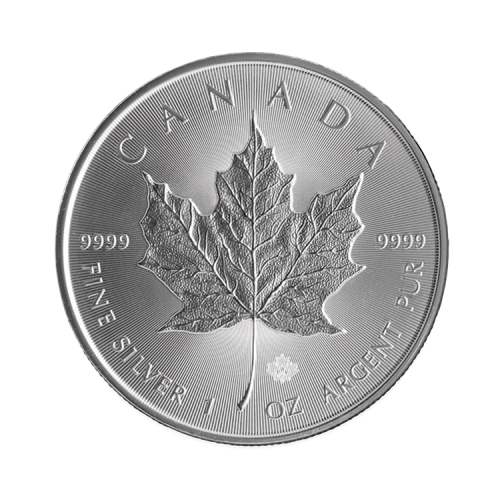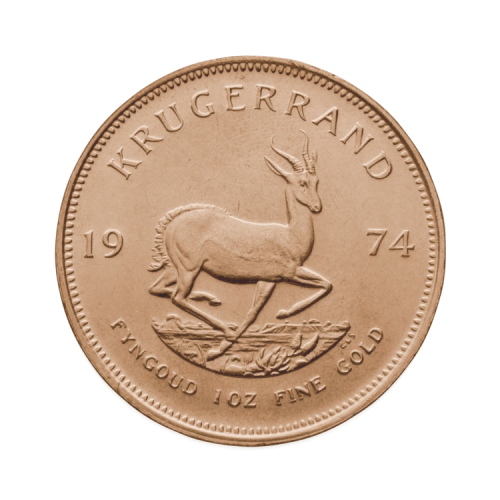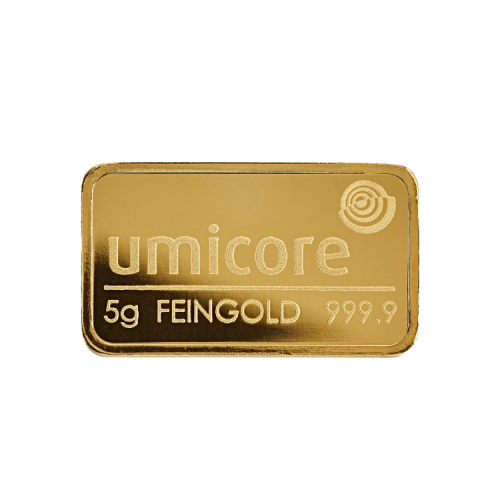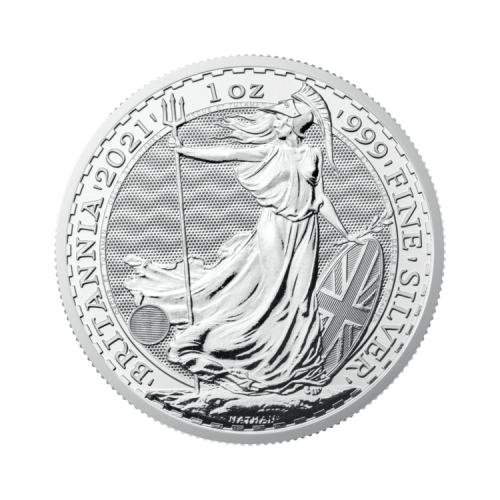The impact of climate change on the gold market
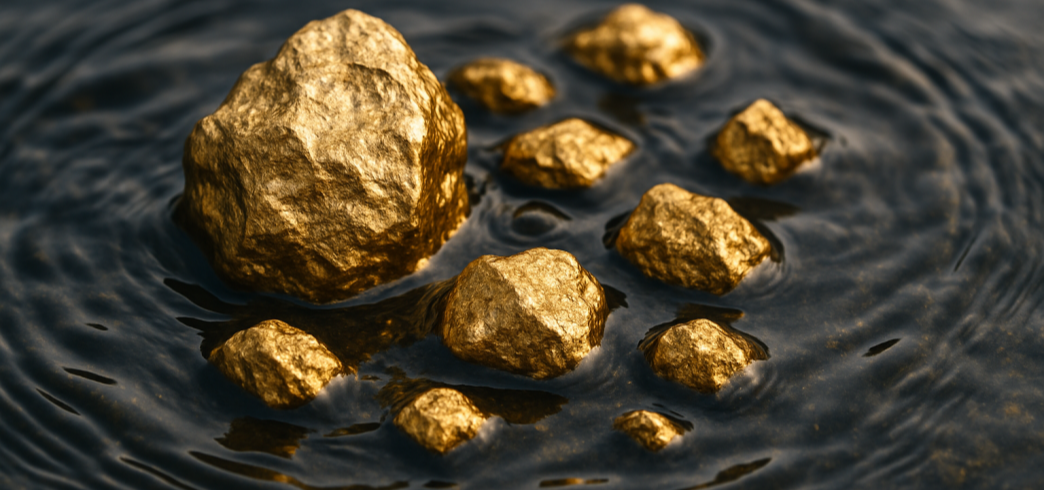
Climate change can have a serious impact on the gold market, both on gold mining and on how the market evolves. You can read more about this in this knowledge base article from The Silver Mountain.
Not a theoretical risk
Climate change results in more extreme weather, such as intense dry periods alternating with very wet ones. This type of weather can affect the mining of gold and other precious metals.
That this is not just a theoretical risk became clear in early 2025: heavy rainfall caused disruptions at platinum mines in Africa, specifically the Tumela mine. Gold mines also face the risk that extreme rainfall or flooding could lead to production issues.
Water management
Water, in particular, can pose a challenge for gold mining operations. A significant amount of water is required for gold extraction. A water shortage or period of drought can therefore mean that there isn’t enough water to mine gold.
Additionally, mine shafts and dams can flood during extreme rainfall. So both water surplus and water shortage can pose risks to mining. Taking appropriate measures is important to minimize the impact on gold production.
Environmental pollution
In addition to dealing with the effects of climate change, gold mines are also partially responsible for environmental pollution, for example, through soil and water contamination. Especially now that the consequences of climate change appear to be intensifying, governments may begin imposing additional requirements on mining practices.
It’s likely that the combination of climate change and evolving regulations will lead to higher mining costs and a less stable supply of newly mined gold.
Recycling
This brings us to changing market conditions due to climate change. It stands to reason that the demand for recycled gold will increase if newly mined gold becomes more expensive or harder to extract. Moreover, recycled gold is more sustainable.
However, it is difficult to recycle enough gold to meet market demand. Currently, about a quarter to a third of the gold supply comes from recycling, that is considerably less than the annual volume of newly mined gold.
Economic uncertainty
Another important factor is economic uncertainty. Climate change causes uncertainty, as unpredictable weather can cause disruptions not only in gold mining but in other industries as well.
This can lead to production delays in certain goods, as well as disruptions in their transport or distribution. These issues can have an impact on the economy and on consumer confidence.
Higher gold prices
These uncertainties are precisely what can lead people to choose gold as an investment, since gold is seen as a safe haven in times of economic instability. Climate change can therefore not only disrupt gold production and distribution, but also increase demand for investment gold.
Investors may choose to invest in gold to diversify their portfolios. Even national governments may opt to hold more physical gold to make their economies more resilient to disruptions.
So what is the effect of climate change on the gold market?
It’s clear that climate change is already having an impact on the gold market, and that this impact will likely grow in the coming years. Climate change presents challenges on both the demand and supply sides of the market.
It seems likely that gold prices will continue to rise, because the main effect of climate change is uncertainty, and gold, rightly or wrongly, has long been a source of peace of mind in uncertain times.
Whether this is the right moment for you to buy gold (and find some peace of mind) is something you’ll have to decide for yourself. For now, The Silver Mountain offers a wide range of LBMA-certified gold bars and coins. Do you have questions or comments? Feel free to contact us.
Disclaimer: The Silver Mountain does not provide investment advice and this article should not be considered as such. Past performance is no guarantee of future results.

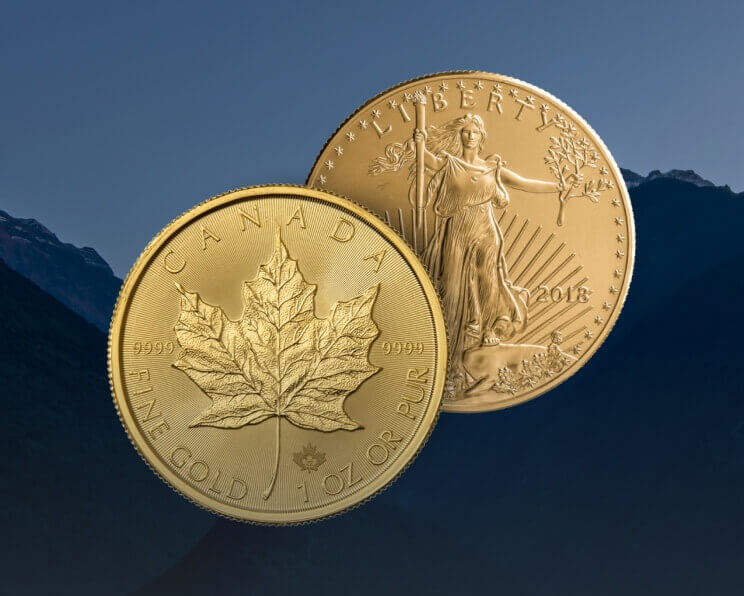
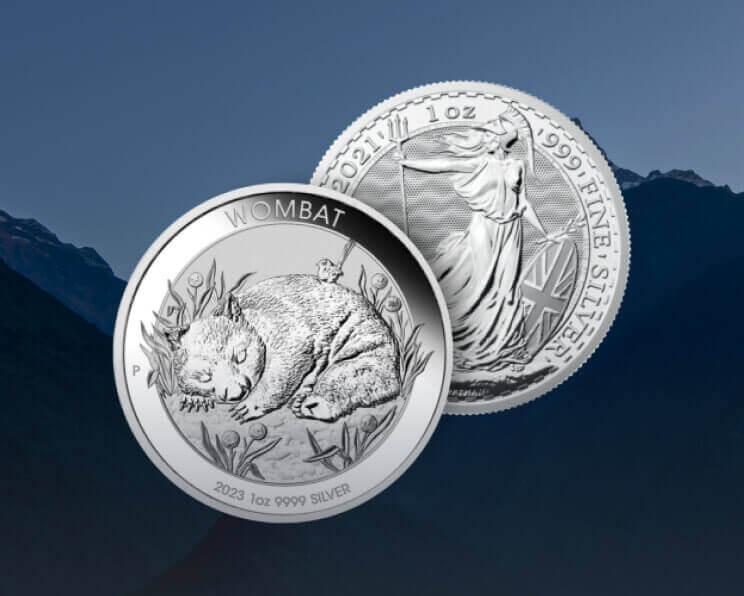



 About
About 

